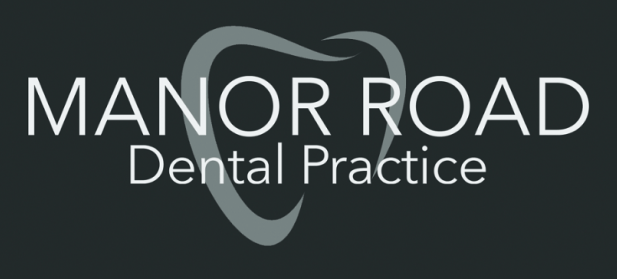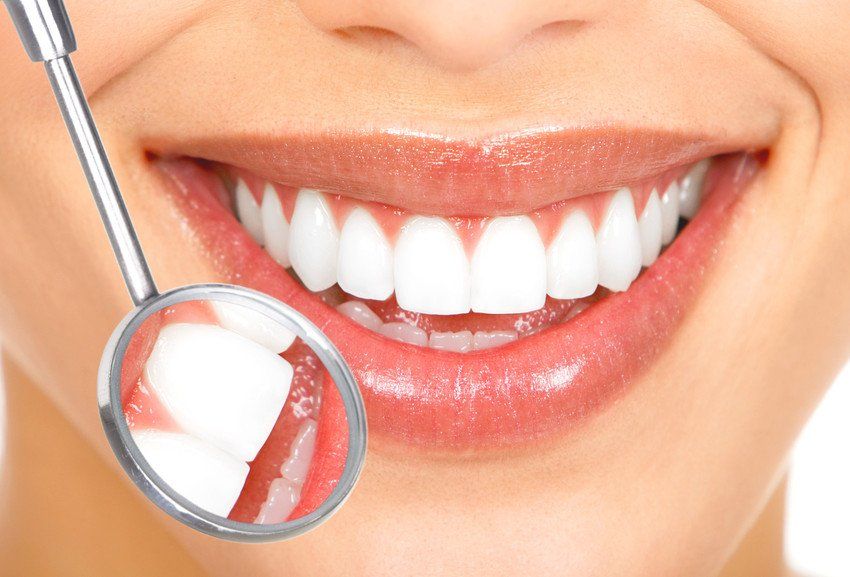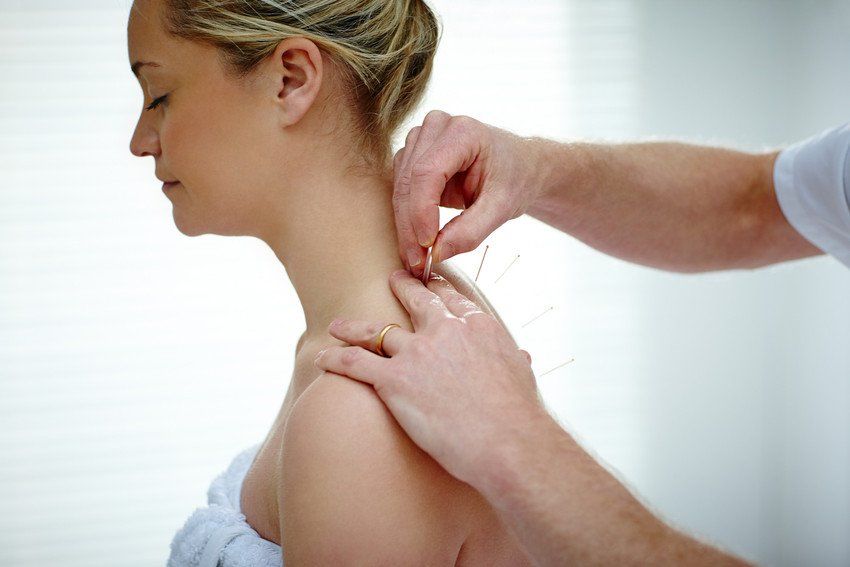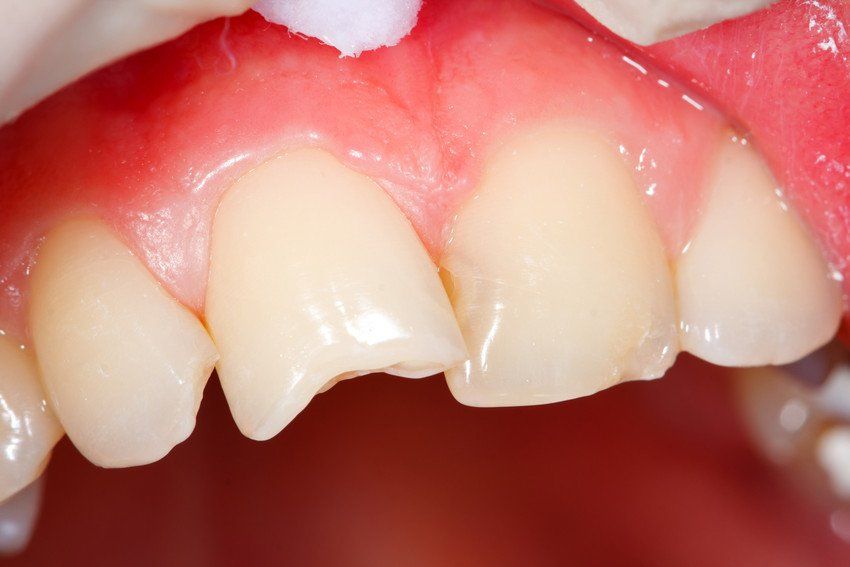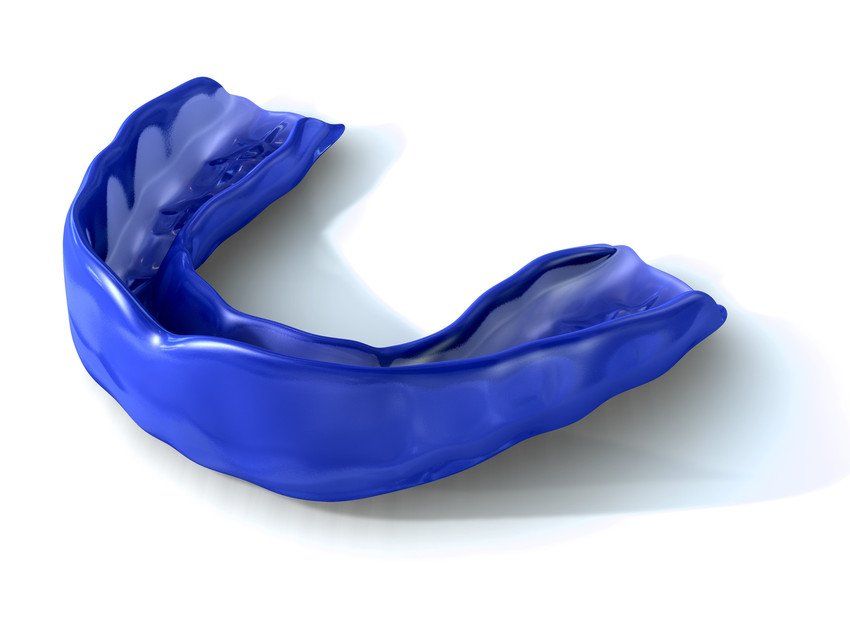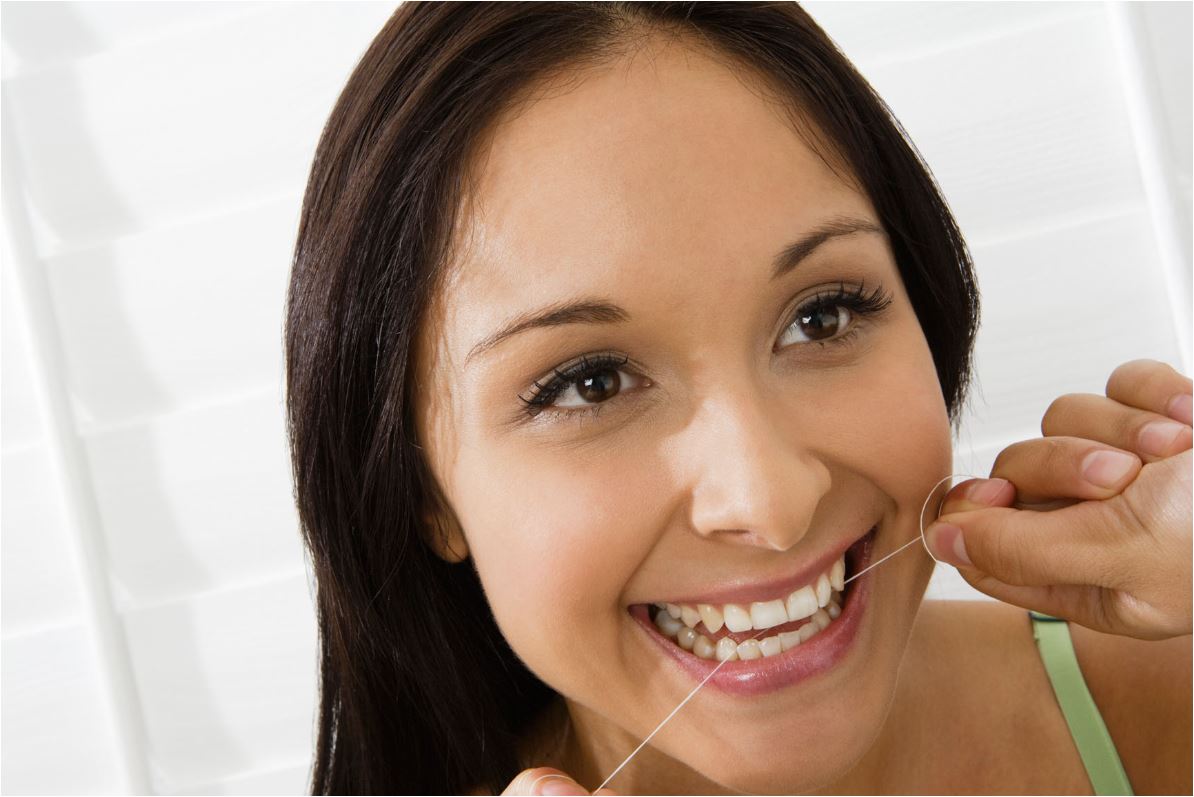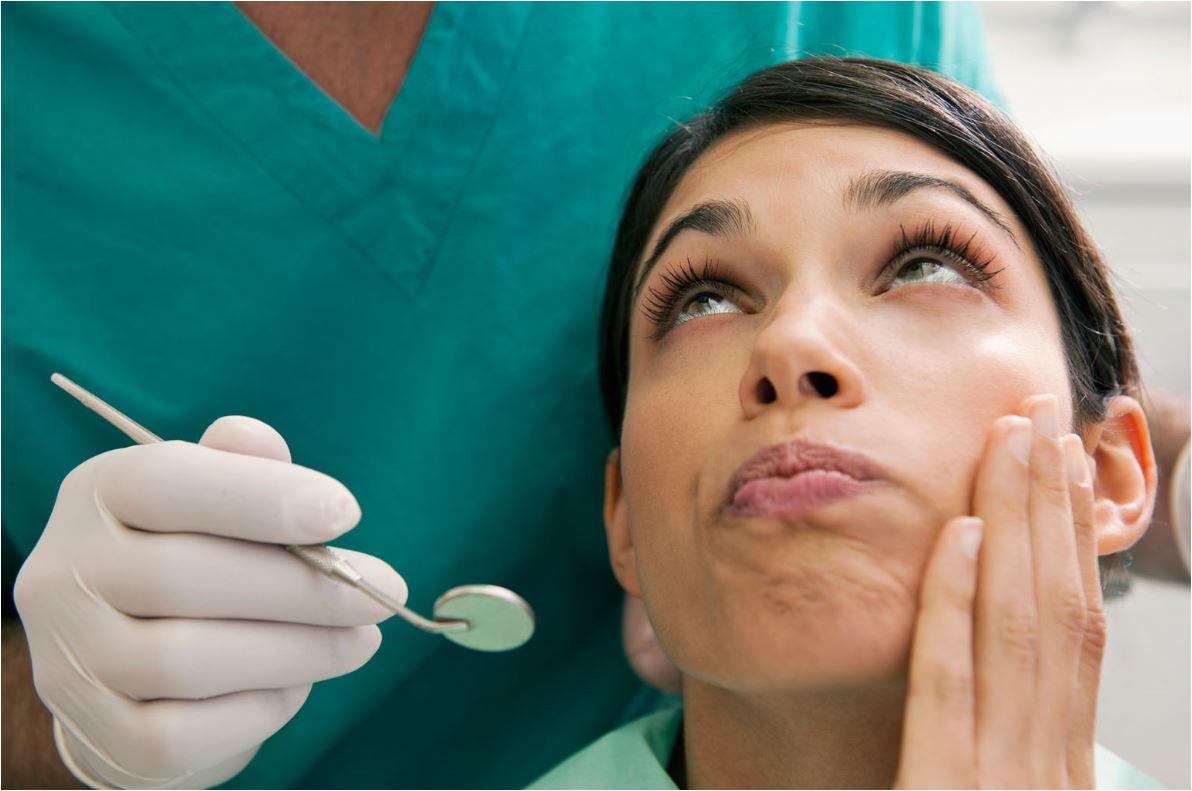Advice from Your Local Dentist: Five Ways to Avoid Tooth Decay
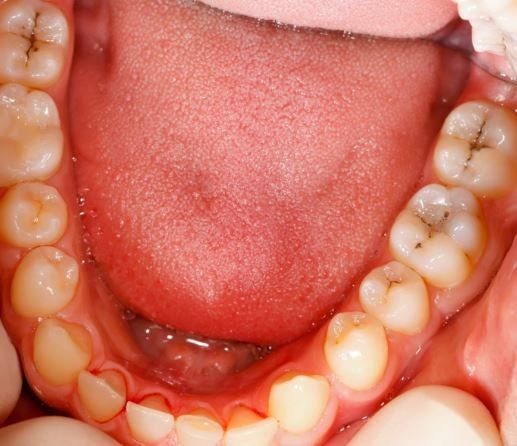
No one wants to deal with a cavity, but tooth decay seems almost inevitable these days . . . or is it? You can actually prevent the vast majority of tooth decay if you know what to do. It’s not always as simple as brushing your teeth twice a day, but if you want to keep your pearly whites clean and perfect, there are a few things you should remember.
Before we get into avoiding tooth decay, let’s take a look at how it starts and what causes it.
How Tooth Decay Works
Your teeth have three basic layers. The centre is the pulp, which is the softest part of the tooth and contains nerves. The next layer is the dentin, which is slightly yellow and semi-hard. It contains tiny tubules that run to the pulp. The outer layer of the tooth is the enamel, which is the hardest layer and is designed to prevent anything from getting through to the other two layers. However, it can be compromised by cavities or decay.
The process of tooth decay begins with plaque forming on your teeth. Starch and sugar feed the bacteria in the mouth, turning it into plaque that coats the teeth with a sticky film. If you don’t clean your teeth well enough, the plaque ends up hardening and forming a protective barrier for the bacteria to hide in.
Once formed, the plaque begins to wear away at the enamel by removing the minerals there. As soon as there is a weakness in the enamel, you have bacteria and acid moving through it into the dentin layer. Since this layer is softer, it is much easier for the bacteria to eat through and the tubules that run to the nerve will make sure you feel the pain from that invasion.
Finally, the bacteria and acid will make their way through to the pulp layer, where they will cause excruciating pain. At this point, the damage is so bad that you’ll need a root canal or the tooth will have to be pulled.
Risk Factors for Tooth Decay
Certain things put you at higher risk for having tooth decay. Obviously, if you have teeth, you can end up with cavities, but the following things can make it more likely for tooth decay to form.
Tooth placement – Even if you brush your teeth well, there are certain places that are harder to get at than others. Your back teeth, particularly the molars, are at higher risk for bacteria formation, thanks to the many grooves and pits they have, as well as the position. It’s hard to reach them to clean properly and the bacteria take full advantage of this.
Age – Those who are very young and very old tend to be at higher risk, too. Children and teenagers often drink a lot of sodas and have more sweet foods and carbs, plus, they aren’t as conscientious about brushing their teeth. This can result in some pretty unpleasant cavities. Older people may have issues because of medications that cause dry mouth, but their teeth also wear down from grinding so much and the gums can recede, exposing the roots to acid and bacteria.
Dry mouth – If you find that your mouth is frequently dry, you can also suffer from more cavities. Saliva rinses the food, plaque and bacteria from your teeth and counteracts the acidic substances produced by the bacteria. If you don’t produce enough saliva, you’ll find that it is very difficult to keep your teeth healthy.
Bad fillings – Previous dental fillings aren’t meant to last forever. Unfortunately, they tend to wear down and break or crack over time. These cracks can result in bacteria getting underneath the filling, to the areas of enamel that are already very thin. It doesn’t take much for this to turn into a full blown cavity.
Excess acid – Stomach acid is a very bad thing to have in your mouth, since it destroys enamel rapidly. You may end up with acid in your mouth due to GERD (gastroesophageal reflux disease) or excessive vomiting. During pregnancy, this is a particularly difficult issue, since the hormones may stimulate vomiting multiple times per day.
Bedtime bottles – Feeding babies at night and letting them sleep with a bottle of milk, formula, or juice can result in sugar resting on the teeth for hours at a time. Bacteria can feed on this overnight, making it easy for cavities to form.
Diet – The food you eat also has a big impact on your teeth. Anything that is sticky will tend to hang around on your teeth for a long period of time and cause decay. For example, honey, soda, cake, milk, and cookies are all the sort of thing to cling to your enamel and leave you with bacteria feasting on your teeth.
Many of these risk factors are things you can control and should. However, some are out of your control, so how do you make sure you keep tooth decay at bay?
1. Regular Dental Care with a Standing Dentist Appointment
You should see a dentist on a regular basis. They can do a check of your teeth and make sure there is no hidden decay and identify problem spots before you start to feel pain. It’s easier to fix these issues if you find them early. Look for a dentist with a dental plan that will help you keep your care affordable and easy to stay on top of.
2. See a Dental Hygienist
A dental hygienist will eliminate any hardened plaque from your teeth and under your gums. It’s quite the process if you’ve never had your teeth cleaned before, but it will get rid of all those hard pieces of plaque that harbour bacteria. However, the best thing you can do is visit the dental hygienist regularly to keep your teeth clean. The hygienist will also inspect your teeth for signs of decay and to check if there are any issues with previous dental fillings.
3. Clean Your Teeth
You already know that you should be brushing your teeth at least twice a day, but you should also use dental floss or a water flosser to rinse the plaque from between your teeth and in the hard to reach spaces. The less plaque you have, the less bacteria can grow and the less decay you’ll end up with.
It can also be useful to swish mouthwash a few times a week to help kill off any extra bacteria that has survived your cleaning. Mouthwash has been made to destroy bacteria and protect your mouth from it.
4. Stay Hydrated
One of the most important ways to protect your teeth is to use your body’s own natural defences. Your saliva is the perfect way to flush away bacteria and eliminate acid from your mouth. If your body isn’t hydrated enough, you won’t produce enough saliva to fight against the bacteria. Keep in mind that some medications can cause dry mouth as a side effect, but whatever the reason for it, you should be sure to drink plenty of water. Stay hydrated and your saliva will do the rest.
5. Don’t Snack and Sip
Sipping on a sweet drink all day is a very bad thing to do for your mouth. The same goes for snacking. If you find yourself munching on handfuls of nuts, dried fruit, sweets and so on throughout the day, you are constantly exposing your mouth to more and more food. The bacteria in your mouth can feed off this and produce more acid.
You’re much better off just eating your meals and perhaps a full snack that is over quickly. Then brush your teeth or rinse your mouth with water to clear out any residual food. Doing this will help your mouth stay healthy.
It’s up to you to look after your mouth. Once you have one cavity, you are more likely to get others, so take good care of your teeth. Clean them regularly and see a dentist frequently to ensure that you catch any problems early on. You should also have your children see a dentist as soon as their first tooth is through and then continue to see a dental professional on a regular basis.
Your adult teeth are here to stay, so they need to be clean and strong. By taking precautions and avoiding foods that will ruin your teeth and feed the bacteria, you should be able to keep your teeth strong and healthy for years to come.
Looking for a trustworthy dentist in your area? Check out our dental plans at Manor Road Dentists today.

